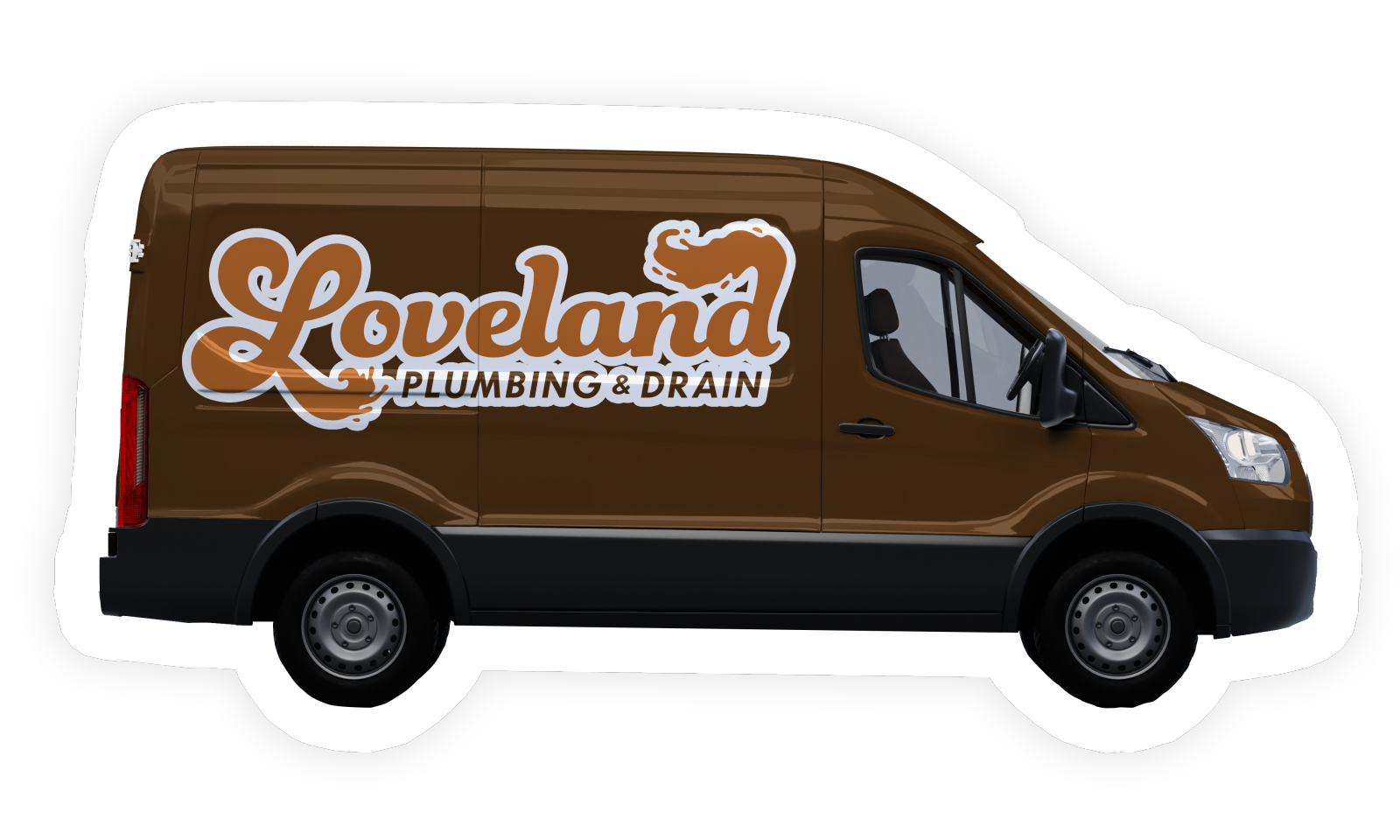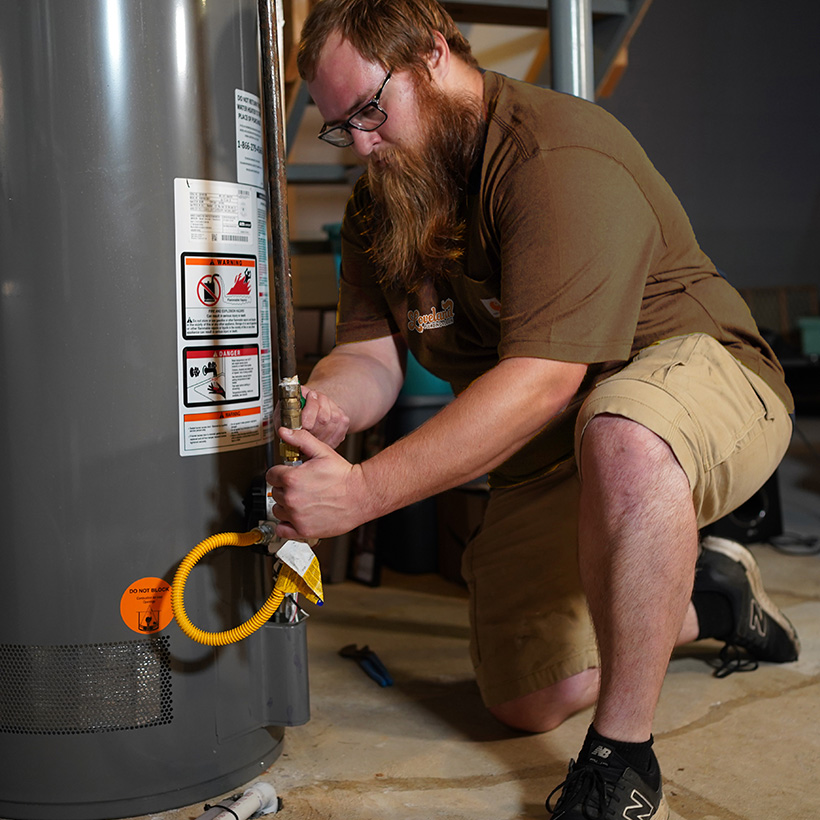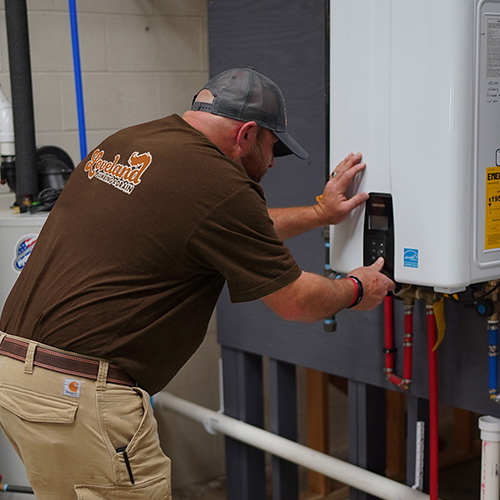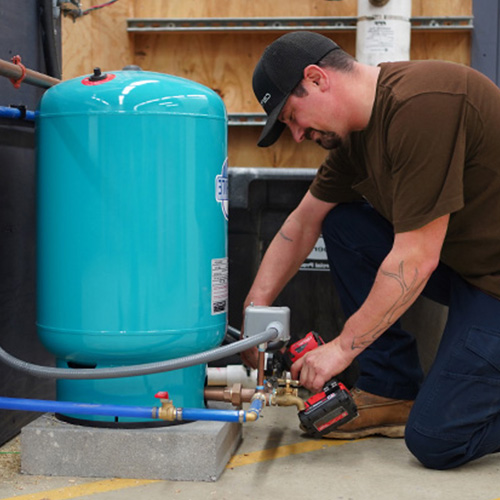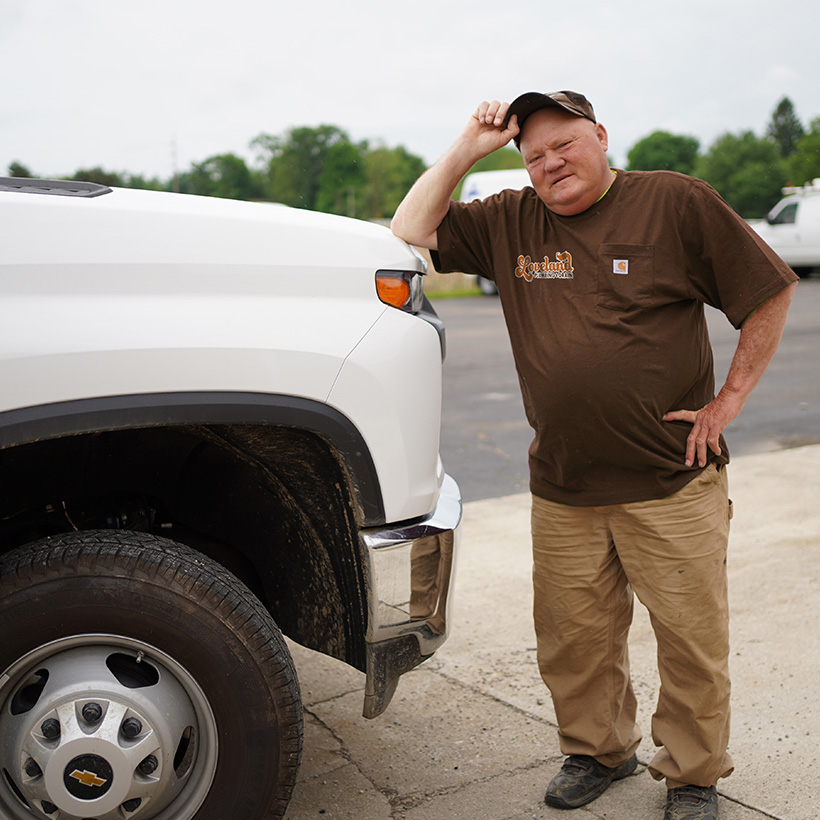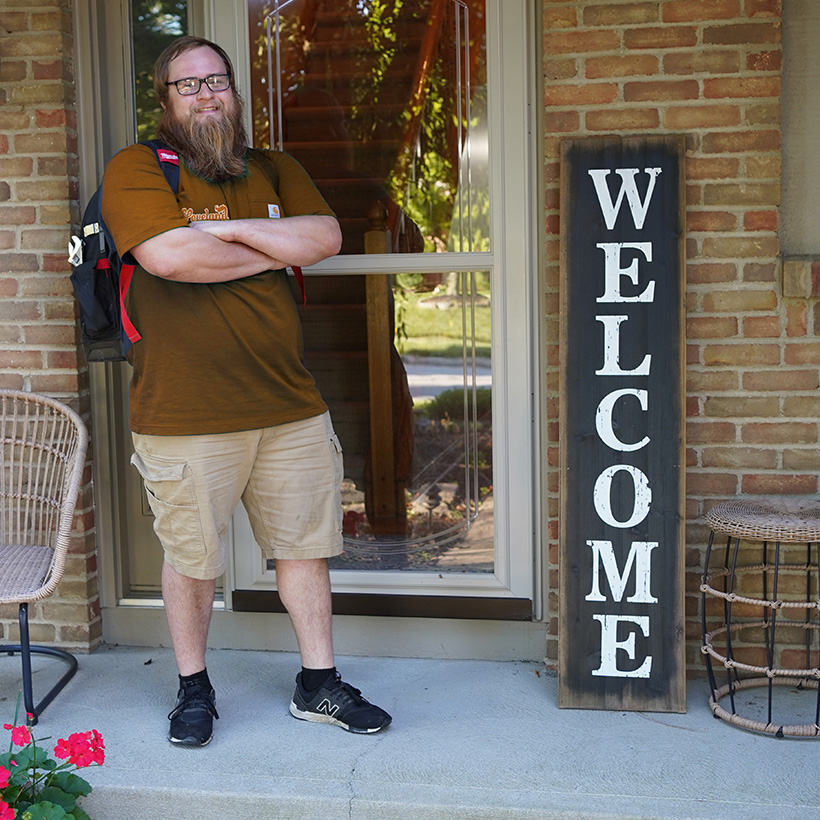Choosing the Right Water Heater for Installation
There are three basic types of water heaters. Tankless, gas and electric. If you have a small family or a home with only one bathroom, then you may want to consider an electric water heater. Electric heaters are smaller and more energy efficient than other types of heaters.
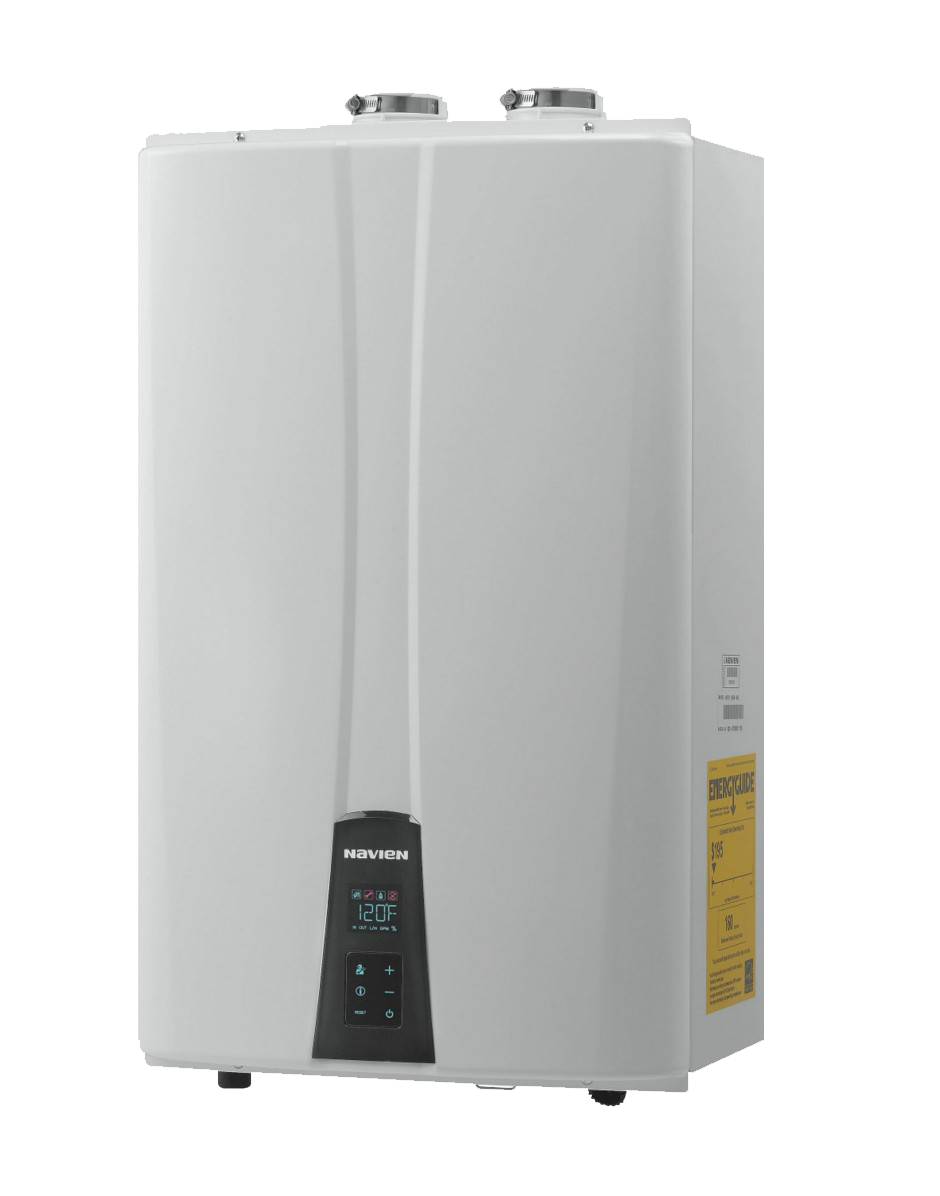
Tankless Water Heaters
A tankless water heater is best suited for homes who need more hot water than their current system can handle. A tankless water heater heats the incoming cold water as soon as it enters instead of waiting until all the cold has been heated before heating even starts—which means that this type of system produces more hot water in less time than any other type on the market today! Tankless water heaters are also called on-demand water heaters. They give homeowners nice, hot water on demand, as needed. Because this eliminates the need for a storage tank, it saves space.
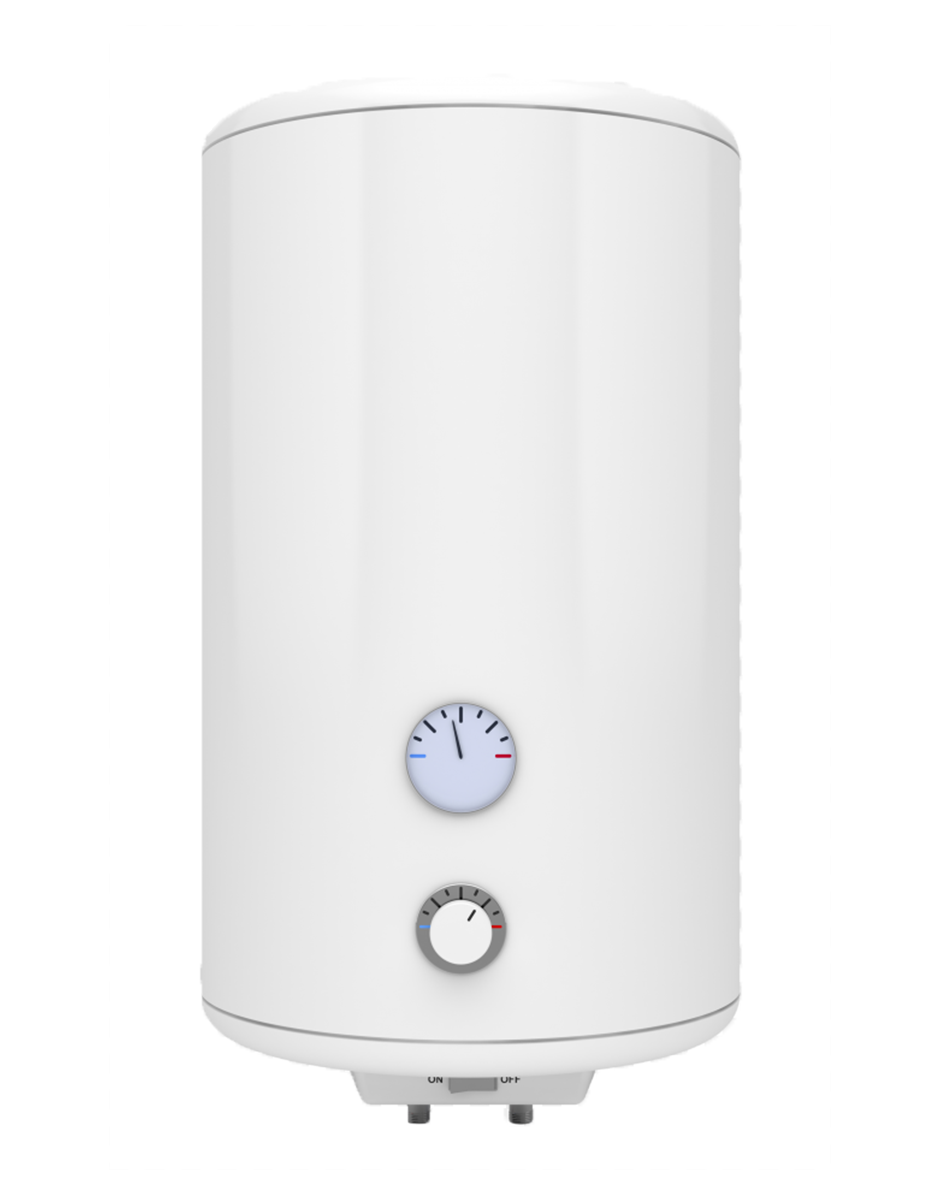
Electric Water Heaters
Electric water heaters are a great choice for many homeowners. They’re more energy-efficient, less expensive to operate, more reliable and safer than gas or oil water heaters. There are also other benefits that make electric water heaters an excellent option:
- Environmental impact is lower because there is no waste byproduct from burning fossil fuels.
- Installation is easier because there’s no need to install a venting system or gas line extension.
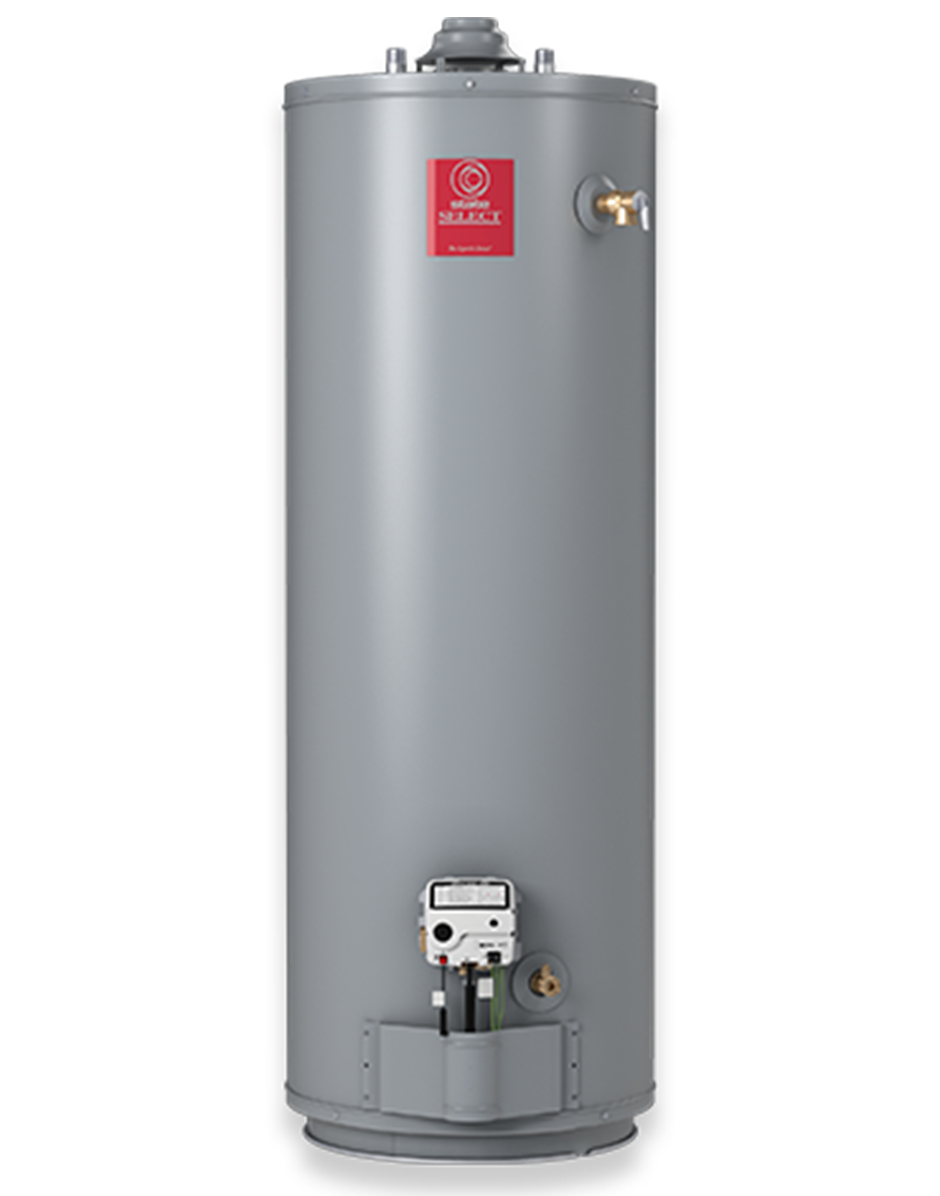
Gas Water Heaters
Gas water heaters are by far the most popular type of water heater. They can be vented to prevent indoor pollution. Gas is also cheaper than electric since there’s no power loss from large wires or copper pipes. Finally, gas offers superior safety features compared with its competitors; it has a pilot light that automatically lights when needed instead of relying on electricity! While electric water heaters are increasingly popular throughout Ohio, gas water heaters are also gaining in popularity. It’s also a great option because it’s inexpensive.
Loveland Water Heaters
Expert Water Softener Repair, Maintenance & Installation Services in Southwest Ohio
Water softeners use salt to remove hardness from the water in your home. Hardness consists of minerals like magnesium and calcium that are naturally present in many water sources, causing scale buildup inside pipes and appliances, leaving behind stains on fixtures and clothing. The most effective way to combat this problem is by installing a water softener that uses salt as its primary mineral removal method.
If you need a new water softener, or if your water softener isn’t working properly, call Loveland Plumbing & Drain!
Loveland, Ohio Trusted Plumbing, Drain, & Water Experts
We have been around for a long time, and our experience shows. We have the skills and tools necessary to repair any plumbing issue that might arise in your home, whether you need a new toilet installed or you’re looking for someone to fix your leaky faucet. Our plumbers are trained to repair and install plumbing systems, water heaters, water softeners, and even remodel whole bathrooms.
Our Plumbing Services Include:
- Repair of all facets of residential and commercial plumbing needs
- Water heater installation (gas or electric, including tankless)
- Bathtub installation, including Bliss Walk-In Tubs
If you’re experiencing a plumbing emergency, call Loveland Plumbing & Drain at (513) 644-5056. We are available 24/7 to ensure that your plumbing problems are taken care of quickly.
We have been in business for over 10 years and have a 100% satisfaction guarantee. Our licensed and insured technicians will always treat you with respect, courtesy, and professionalism. We are a family-owned business who takes pride in our work ethic and customer service.
If you have any questions about our water heater and water softener services in Loveland, OH or if you would like to schedule an appointment, please contact us today. We are here to answer all of your plumbing needs!
Water Heater and Water Softener Repair FAQ
HOW LONG SHOULD A WATER HEATER LAST?
How long a water heater lasts depends on a number of factors. Water quality, pressure and maintenance are all important factors to consider when considering the life expectancy of your water heater.
If you have hard water in your home, it will shorten the life of your unit. Hard water can clog up jets, pipes and other internal components in the heating system. If left unchecked, this could cause damage or even result in complete failure of the unit. While this won’t happen overnight, if you don’t address it soon enough it will eventually lead to problems in your system that need professional attention before they do become serious issues that require extensive repairs or replacements which cost thousands more than having them serviced regularly while they still work properly!
Another thing we see frequently is improper installation or lack of maintenance by previous owners who didn’t take care of their own systems properly prior to selling them off – leading us into another common issue: old age! As these appliances get older (typically 8-12 years), parts begin wearing down over time due to friction against one another during operation. We recommend checking often for signs like leaking around seals where screws hold together different parts together.
WHAT SIZE WATER HEATER DO I NEED?
The size of your water heater depends on the number of people who live in your house. If you have a large family, it’s important to get a larger capacity model. Tankless water heaters are more efficient and can save money over time if they’re used at least four hours per day. However, they use more electricity than conventional models, so that it’s wise to compare their costs before making a decision about which kind would be best for you.
Tankless water heaters are smaller than tanks because they don’t need as much room to store hot water once it has been heated by the heating element located inside them (which is why these units are sometimes called “on demand” systems).
WHAT IS HARD WATER?
Hard water is simply water that has a high mineral content. It is not harmful to drink, but it can cause some problems in your home. Hard water can cause scale buildup in pipes and appliances, which reduces their efficiency and causes them to break down more quickly. It can also cause soap scum to build up on fixtures, like showerheads or faucets, creating spots when the minerals are dissolved by soap suds from washing dishes or bathing. The most common problem with hard water is spotting on dishes after they’ve been washed—these spots are caused by the minerals in hard water reacting with soap residue left behind on the surface of dishes while they’re being soaked or washed.
